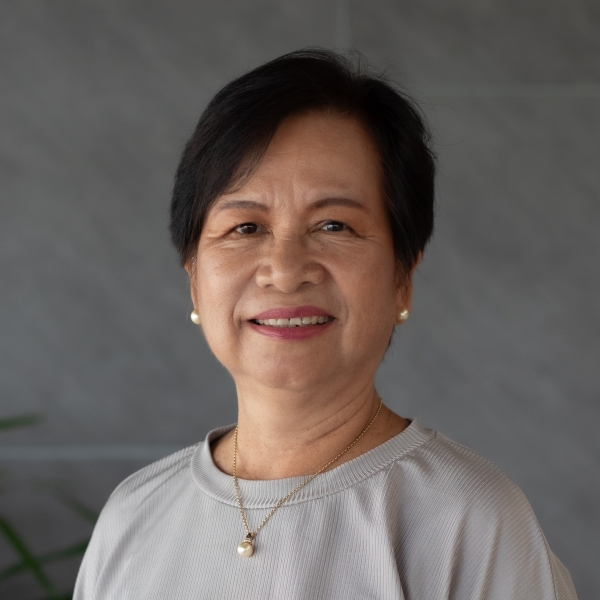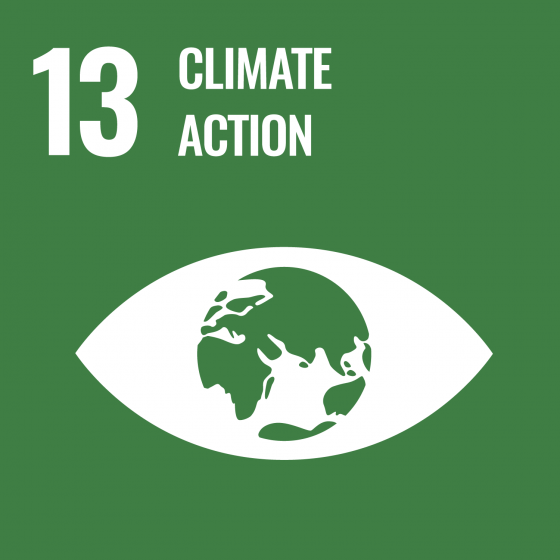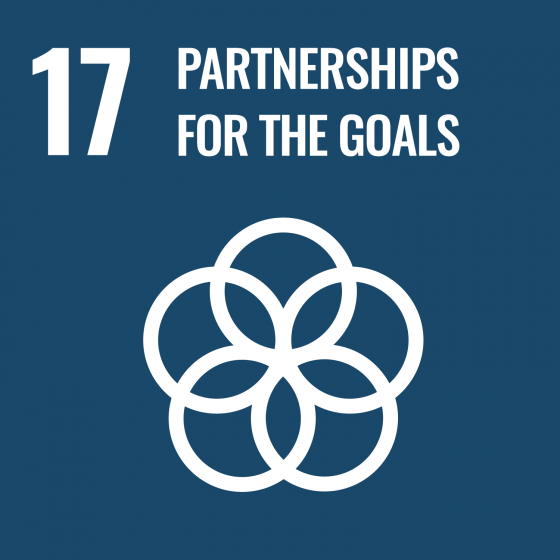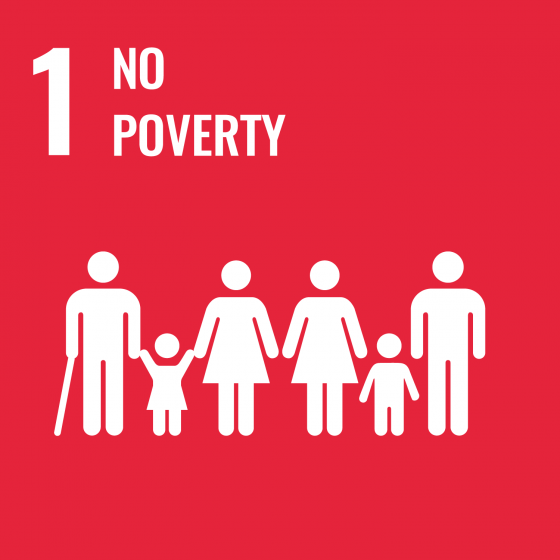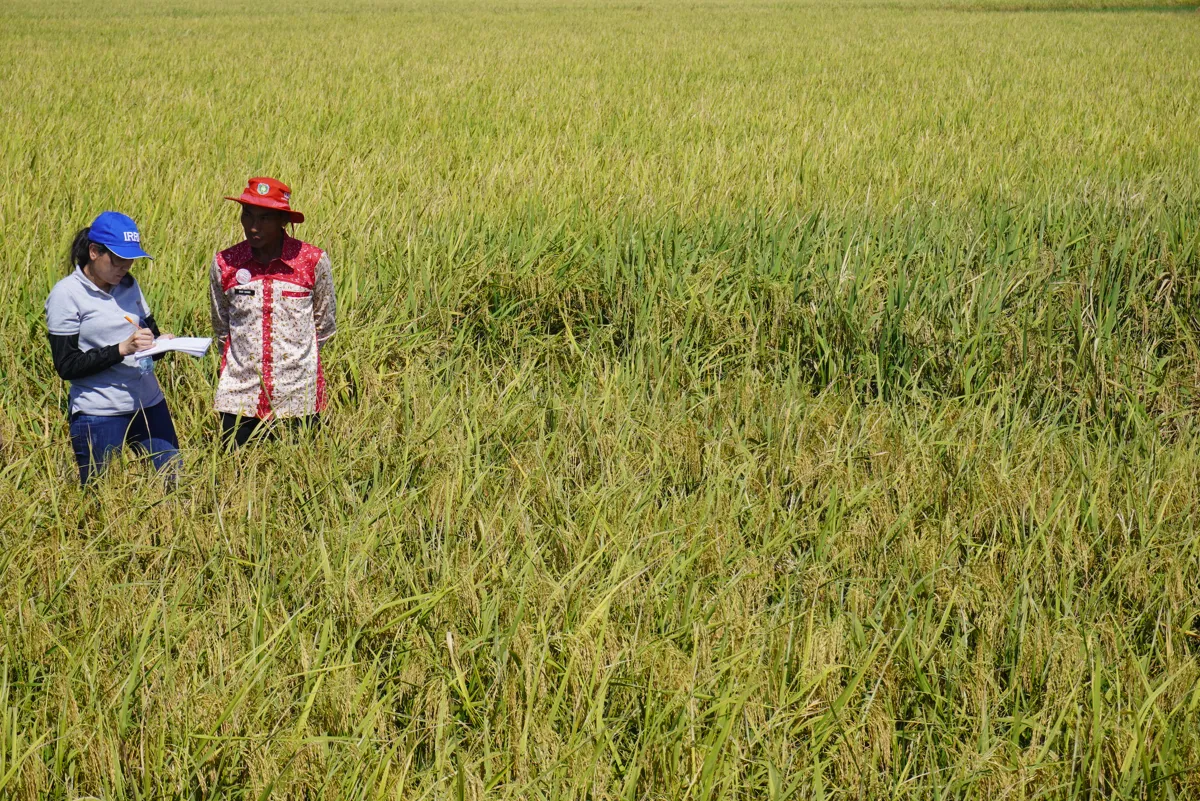
Background
Rice farmers in Indonesia face multiple challenges, including low productivity, small farm size, low input use efficiency, low profitability, and increasing production costs. To address these challenges and support the Indonesian government’s goals on food security, rural development, and environmental sustainability, the Rice Crop Manager (RCM)-Indonesia project is promoting the scale and dissemination of the RCM, locally known as Layanan Konsultasi Padi (LKP).
LKP is a digital decision support tool that uses site-specific nutrient management (SSNM) principles to provide customized crop and nutrient management guidelines tailored to individual farmer needs. By responding to a series of questions about their farming practices, farmers receive a one-page recommendation aimed at improving yield, income, and input efficiency. LKP is designed for use by extension workers, crop advisors, and service providers through smartphones or computers, enabling delivery of precise agronomic advice at scale.
Through this three-year initiative, IRRI and its partners aim to reach 100,000 rice farmers, enabling yield increases of 389–545 kg/ha/season and income gains of US$106–117 per hectare. The project will also strengthen institutional capacity and partnerships to ensure long-term adoption.
The project is structured around four key components: (1) adaptation and validation of the decision logic for major rice-growing provinces; (2) development of the digital platform using updated SSNM logic; (3) identification and piloting of effective dissemination pathways; and (4) capacity building among stakeholders. These efforts are geared towards improving farmer livelihoods, promoting sustainable nutrient management, and supporting Indonesia’s broader efforts in climate adaptation and resilient rice production.
Objectives
This three-year project aims to boost the yields and of Indonesian rice farmers and contribute to the Indonesian government's goals for rural prosperity, food security, environmental sustainability and mitigation, and adaptation to the recent pandemic and climate change through the development and dissemination of LKP.
Specifically, it targets to:
- Deploy climate-smart rice best management practice (BMP) technology and climate information in Indonesia and reduce negative fertilizer effects on environment, health, and production costs while increasing farmers’ yields and incomes.
- Enable equitable access to data and evidence of climate-smart agriculture BMPs through digital agriculture platforms for government agencies, partners, farmers, and agricultural extension workers.
- Increase capacity and establish partnerships that provide equitable sustainability of RCM beyond the project timeframe.
